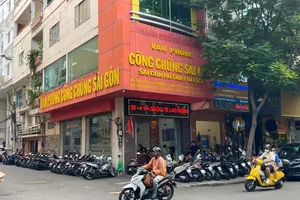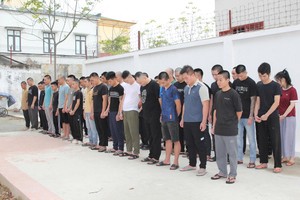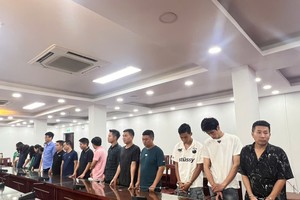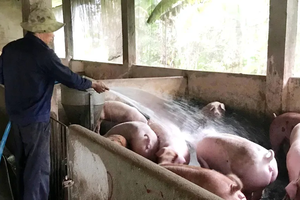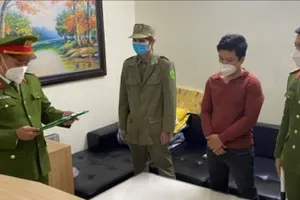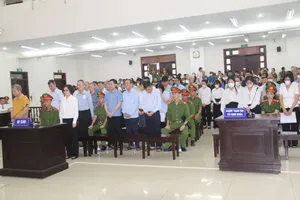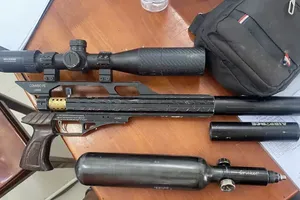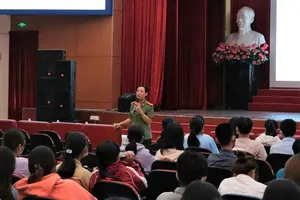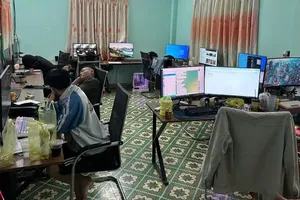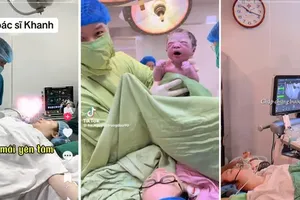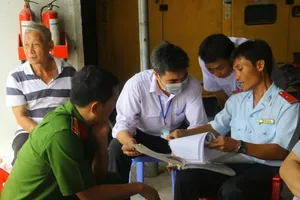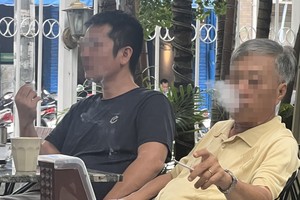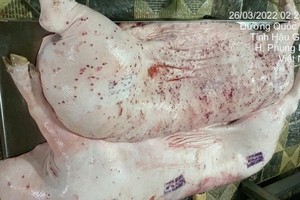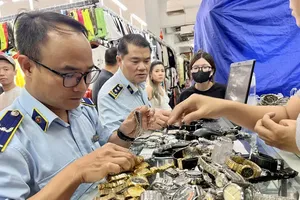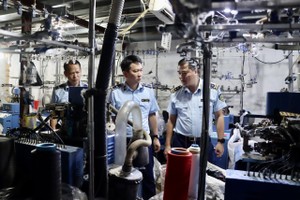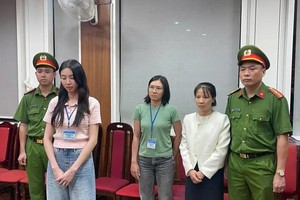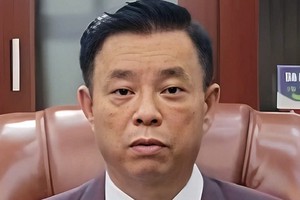The Vietnamese National Assembly members on Wednesday continued debating the revised mineral law to make it more feasible, and to fight against the current uncontrolled exploitation of mineral resources.
Deputy Nguyen Dinh Xuan from Tay Ninh Province said that to fight against the current unrestrained exploitation of minerals, the exploratory process should be conducted by the Government. In case it is carried out by businesses, they must pledge to publicly announce the exact exploration results.
In the meantime, Le Quoc Dung, delegate from Thai Binh Province, said the exploration auction should be conducted with a condition that the State would have regulations for the process.
Ha Van Hien, chairman of the NA’s Economic Committee said that the mining auction aims to remove the ask and receive condition and seek for qualified investors to curb the resale of the exploitation projects.
As a result, the NA’s Standing Committee finally proposed to only auction the mineral exploitation not the exploration.
Residents’ rights
Several delegates suggested the State to have policies on sharing incomes from the mineral exploitation for the socioeconomic development of localities with exploited minerals.
Not only agreeing with the proposal, the NA’s Standing Committee but also said that the exploiters should build the technical infrastructure, protect and recover the environment within and post the mining process.
They should also give priority to local residents to work in the exploitation projects and related services, coordinate with local authorities to convert jobs for those whose houses evacuated for the projects and build social welfare works for the localities.
To make these regulations feasible, delegate Nguyen Van Tuyet from Yen Bai Province proposed they should be made more specific. For example, the profit division from mineral exploitation would be 40, 30 and 30 percent for the State, businesses and residents respectively.
Deputy Luu Thi Chi Lan from Vinh Phuc Province expressed concerns as the rights of localities and residents are added up. The above regulations should be made in an own chapter in stead of in only a clause of the mineral law, she said.
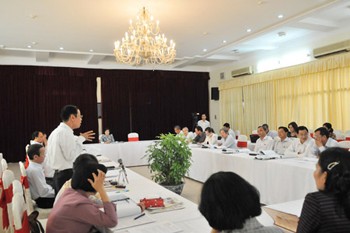
In related news on the same day, another group of NA delegates debated a law draft on the anti human trafficking, with most of them agreeing that the law promulgation is crucial but some terms are vague.
For the term that commune people’s committees would receive the victims in necessary cases and provide them with accommodations and travel fees during the time they come to declare information about the issue.
Some deputies worried that the commune people’s committees might endure for the mission, especially those in remote and disadvantageous areas.
On another corner, several delegates agreed with the NA’s Judiciary Committee saying the regulation that relevant agencies should protect the victims at their accommodations and offices are infeasible and unsuitable with the practical conditions of Vietnam. Besides trafficked people, witnesses in drug trafficking and money laundering cases and corruption denouncers also need protection, they said.
Delegate Ngo Thi Minh Hong from Ho Chi Minh City said that the law should define what is human trafficking.
